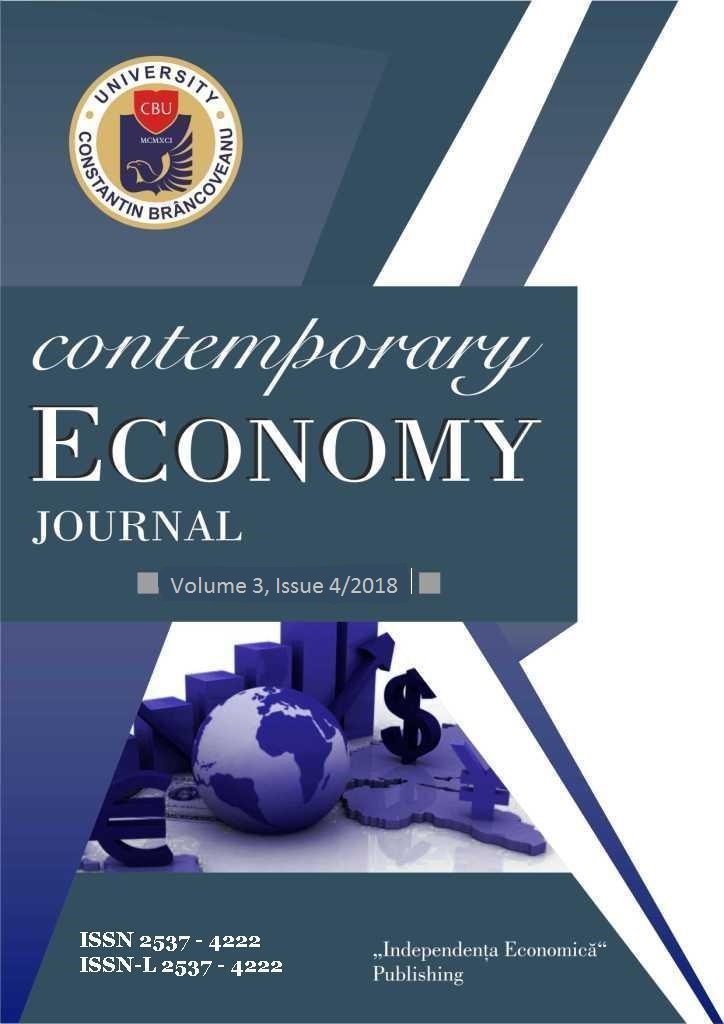ILLICIT FINANCIAL FLOWS AND CORRUPTION - THE ACTUAL MAJOR PROBLEM
ILLICIT FINANCIAL FLOWS AND CORRUPTION - THE ACTUAL MAJOR PROBLEM
Author(s): Ivan Luchian, Victoria IordachiSubject(s): Economic policy, Financial Markets, Fiscal Politics / Budgeting, Corruption - Transparency - Anti-Corruption
Published by: EDITURA INDEPENDENŢA ECONOMICĂ
Keywords: illicit financial flows; capital circulation; capital flight; tax evasion; corruption; bank system;
Summary/Abstract: Illicit financial flows represent a form of capital circulation at local and international level, forming the circulation of financial assets of dubious origin. Their generators are various multinational corporations, corrupt officials, tax evaders, criminal entrepreneurs, etc. Illicit financial flows have diverse forms, including capital flight, money laundering, informal flows and classified financial entities such as tax havens, coming from different areas - shadow economy, tax evasion, and corruption. Conducted studies have shown a strong bilateral link between illicit financial flows and corruption. Corruption generates illicit financial flows and contributes to legalization of illicit money by different money laundering schemes at local and international level. Studies also demonstrated the importance as a catalyst of the quasi-corruption phenomenon. Both corruption and illicit financial flows have a negative impact on economic development, especially in developing countries. With a high level of poverty, countries annually illegally lose financial resources that could help solve their internal problems. As an eloquent example, this article relates the case of the Republic of Moldova. Endemic corruption of systemic character has a destructive economic, financial and social influence in Moldova, favouring the illegal money exodus.
Journal: REVISTA ECONOMIA CONTEMPORANĂ
- Issue Year: 3/2018
- Issue No: 4
- Page Range: 83-92
- Page Count: 10
- Language: English

